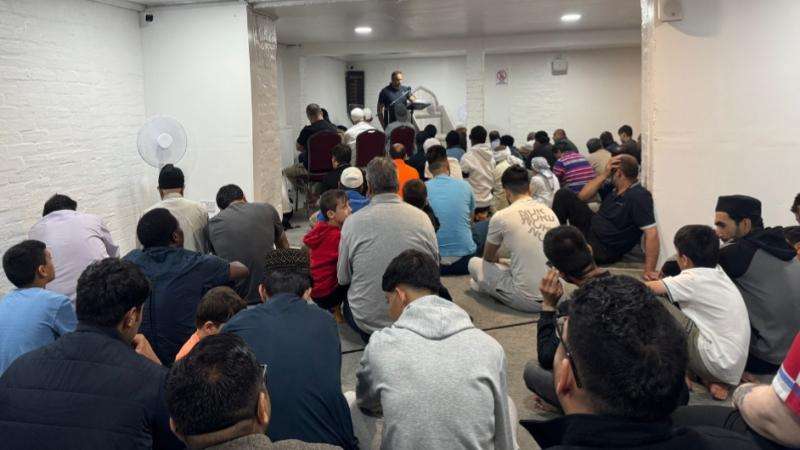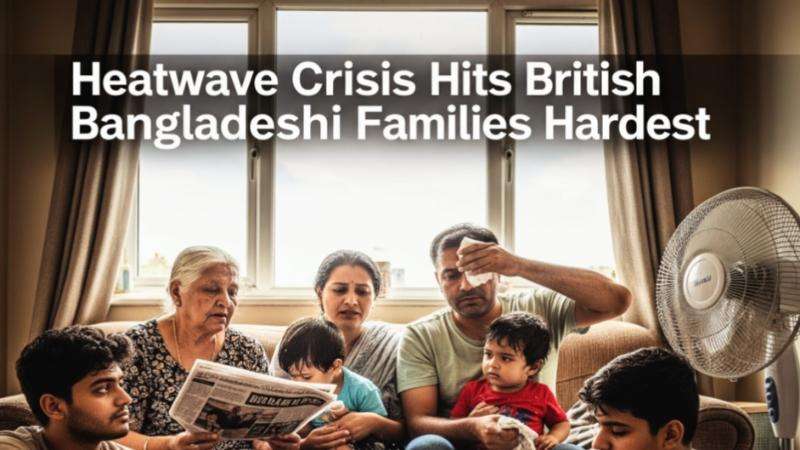Health Secretary Wes Streeting has exposed disturbing instances of racism and discrimination within NHS maternity services, revealing that staff have labeled Asian women as "divas" for requesting pain relief during childbirth and expected Black mothers to "cope" due to perceived "strength." These alarming revelations have prompted a comprehensive national investigation into NHS maternity services, with Streeting vowing to confront these deep-seated inequalities head-on.
Streeting pointed to grim statistics that underscore the severe racial disparities in healthcare outcomes. Data shows that babies of Black ethnicity are twice as likely to be stillborn than babies of White ethnicity. Furthermore, Black women face a significantly higher risk of mortality during or shortly after pregnancy, being two to three times more likely to die than White women. He expressed his profound shock at the dismissive language and treatment experienced by Black and Asian mothers in maternity and neonatal units.
"We’ve got a lot of work to do not just on health inequalities, but on racism and discrimination in maternity care," Streeting stated. He recounted a specific case where a mother was "denied pain relief medication because they thought she was a ‘strong black woman’," and another where "Asian mothers [were] referred to as ‘divas’ when they asked for pain relief." He described his disbelief, noting, "what you hear is so shocking, you think this can’t possibly be true. And then you look at the evidence, and you see that what they have been through, is exactly as they describe.”
This new national investigation will delve into all aspects of maternity care across England. It follows a series of high-profile scandals where poor care tragically led to hundreds of infant deaths or disabilities. The probe aims to uncover the systemic roots of these inequalities, including the role of racial bias and discrimination in patient outcomes.
The experiences highlighted by Streeting resonate deeply with the challenges frequently reported by Asian, Muslim, and Black women navigating maternity care in the UK. Issues such as cultural and religious sensitivities, language barriers, and inherent biases can create an inequitable healthcare environment. For Asian and Muslim mothers, dismissing their pain as "diva-like" not only disrespects their autonomy but also risks ignoring genuine medical needs. This can erode trust and lead to adverse health outcomes.
The grim statistics concerning Black mothers, where they are 2 to 3 times more likely to die during or shortly after pregnancy and their babies twice as likely to be stillborn, underscore the deadly consequences of systemic racism in healthcare. The MBRRACE-UK report for 2020-22, released in November 2023, further confirmed these disparities, showing that women from Black ethnic groups were 3.7 times more likely to die than White women, and women from Asian ethnic groups were 1.8 times more likely to die. These persistent figures highlight a critical and ongoing crisis.
While specific details about the British Bangladeshi mother mentioned are not publicly provided, the experiences of this community often align with broader issues. British Bangladeshi mothers, like many other South Asian communities, may have specific cultural expectations, family involvement, and language preferences in maternity care. Being dismissed or labelled due to these factors, or simply due to racial bias, presents a significant barrier to receiving compassionate and safe care, potentially leading to lasting psychological and physical consequences.
This national investigation must move beyond mere acknowledgement. It requires concrete action: fostering cultural competence among healthcare professionals, implementing mandatory anti-racism training, establishing clear reporting mechanisms for discriminatory incidents, and, critically, ensuring accountability for individuals and institutions that fail to uphold equitable care standards. The ultimate objective is to establish a maternity service where every mother, regardless of her ethnicity or background, feels safe, respected, heard, and receives the highest possible standard of care.







_2.jpg)
.svg)

_2.jpg)
